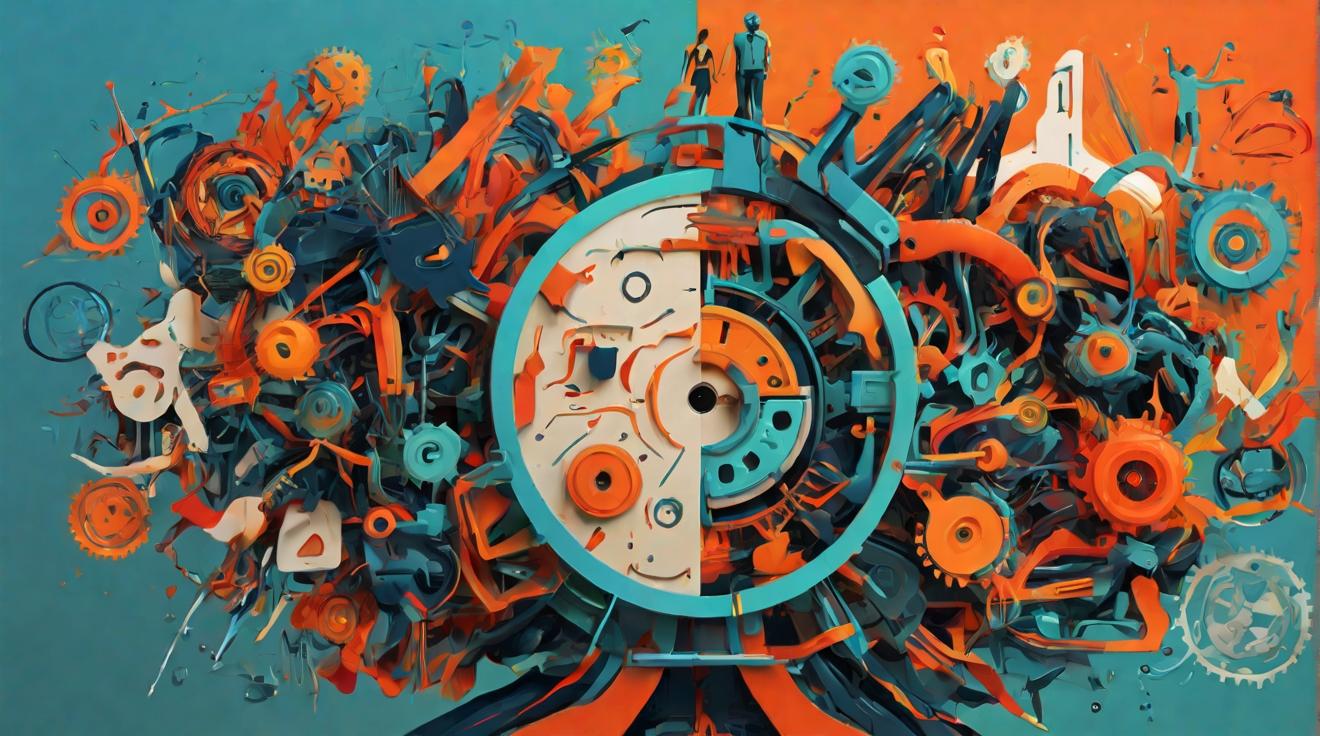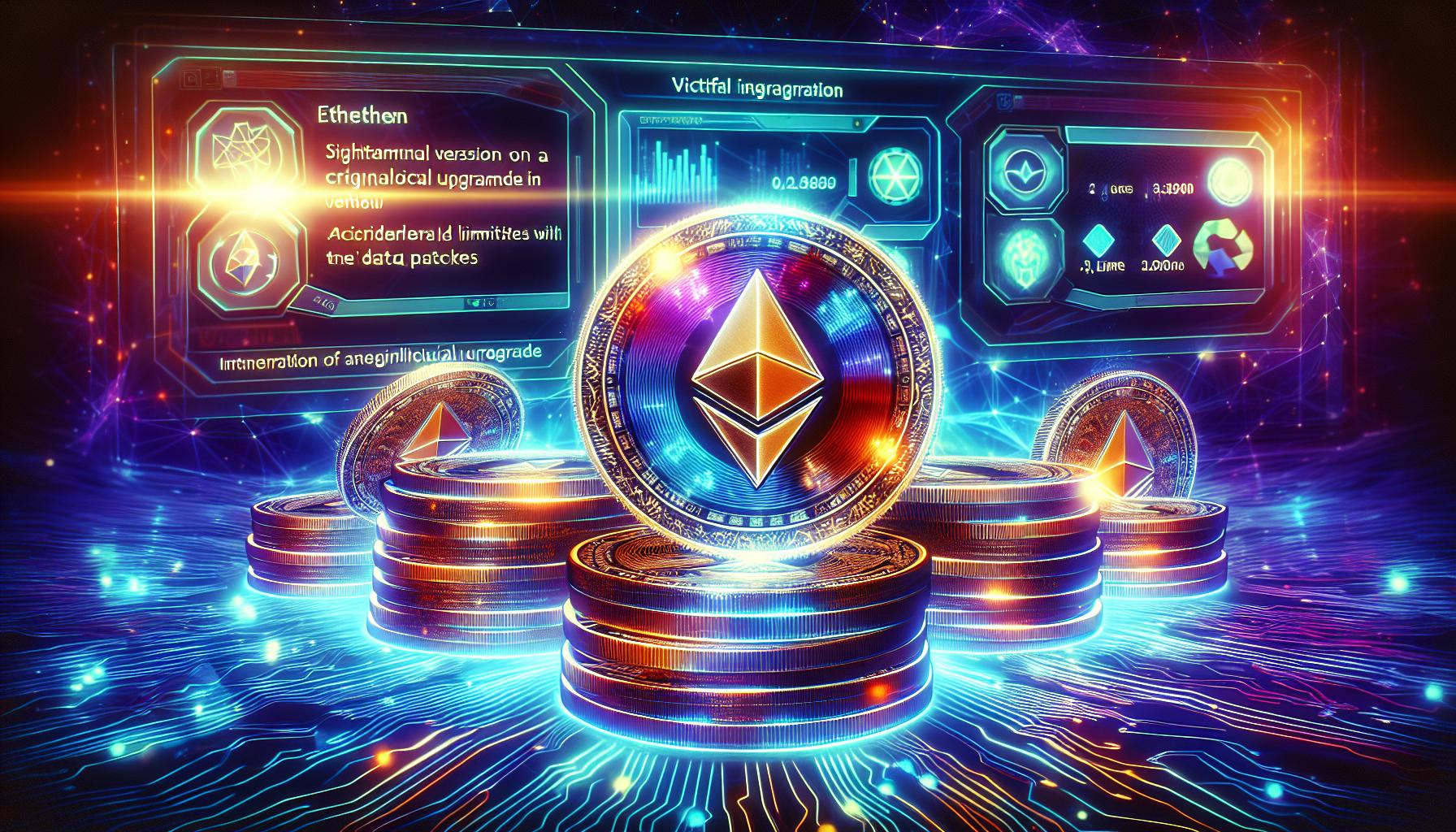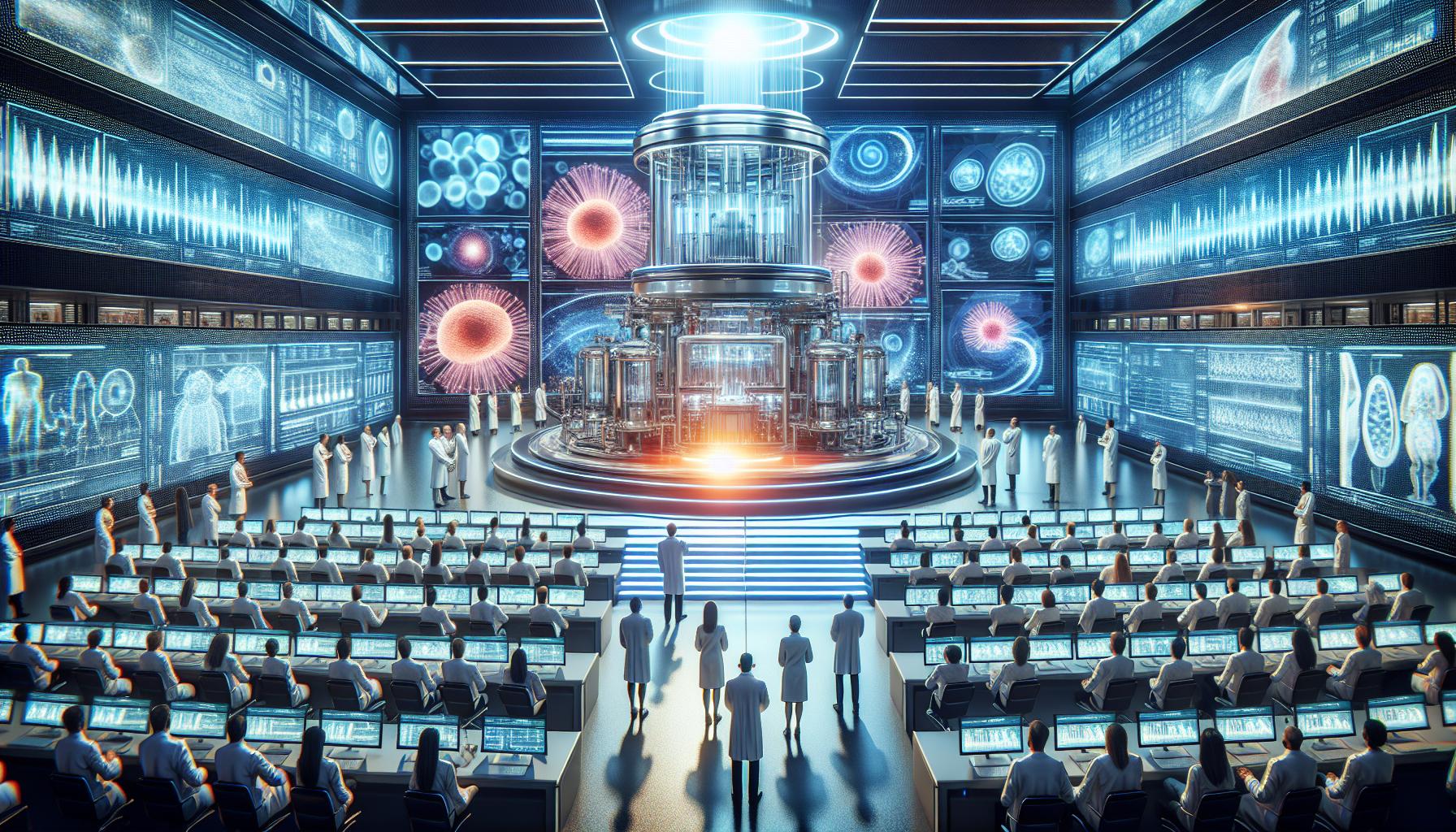Generative AI: The Future of Software Development
As a respected software developer and CEO of Buildkite, Keith Pitt brings two decades of experience to the table when discussing the impact of generative AI on software development. Despite initial skepticism, Pitt's hands-on exploration of gen AI in daily development work has prompted a broader consideration of its potential impacts—both positive and negative.
AI's Promise: Streamlining Development
Generative AI promises to eliminate much of the grunt work that bogs down developers. Large language models (LLMs) are poised to transform coding by automating syntax and punctuation checks, thereby reducing manual efforts in code formatting and error detection.
Moreover, gen AI is set to revolutionize software frameworks by automating boilerplate code and optimizing repetitive tasks. This innovation will not only bolster productivity but also pave the way for more tailored framework components.
A significant shift towards generalist roles is anticipated as AI reduces the emphasis on language-specific expertise. The capacity of machines to generate code in any language will elevate the importance of skills such as UI design, requirements translation, and innovation—areas where machines currently lag.
Testing Transformed
Generative AI is ideally suited for software testing, with the ability to automate the creation of test scripts. This aligns with findings from a recent IDC survey, which highlights software quality assurance and security testing as key benefits anticipated from gen AI. This shift could disrupt traditional DevOps practices and necessitate a career pivot for testing specialists.
Additionally, the rise of low-code/no-code development tools, bolstered by AI, will simplify the translation of conceptual workflows into functional software, further democratizing software development.
The Limitations of AI
Despite these advantages, gen AI is not a silver bullet. Potential downsides include the risk of over-testing and skills degradation, where an overreliance on AI could stifle developer innovation and lead to inefficient code production. Moreover, a trust deficit in AI-generated code could emerge from training deficiencies and poor-quality data inputs.
The Future of Software Development in the AI Era
The question of whether AI will render software developers obsolete is met with skepticism by Pitt. Historical trends suggest that technological advancements, while shifting demand, tend to elevate the profession rather than diminish it. The advent of gen AI is expected to enhance developers' focus on innovation, an area where AI still falls short.
Pitt encourages developers to embrace the opportunities presented by gen AI. The prospect of reducing tedious aspects of software development is welcomed, provided developers are prepared to adapt and elevate their skills.
Keith Pitt's insights highlight a transformative period in software development, underpinned by the rise of gen AI. As the industry evolves, the ability to innovate and adapt will be paramount for developers seeking to thrive in this new landscape.
Analyst comment
Positive news: The rise of generative AI in software development is expected to streamline development processes, automate coding tasks, and enhance productivity. It has the potential to transform software frameworks and testing practices. However, there are limitations and potential risks such as over-reliance on AI and trust deficit in AI-generated code. Overall, developers are encouraged to embrace the opportunities presented by generative AI and focus on innovation to thrive in this new landscape. The market is expected to see increased adoption of generative AI in software development and a shift towards more generalist roles.













